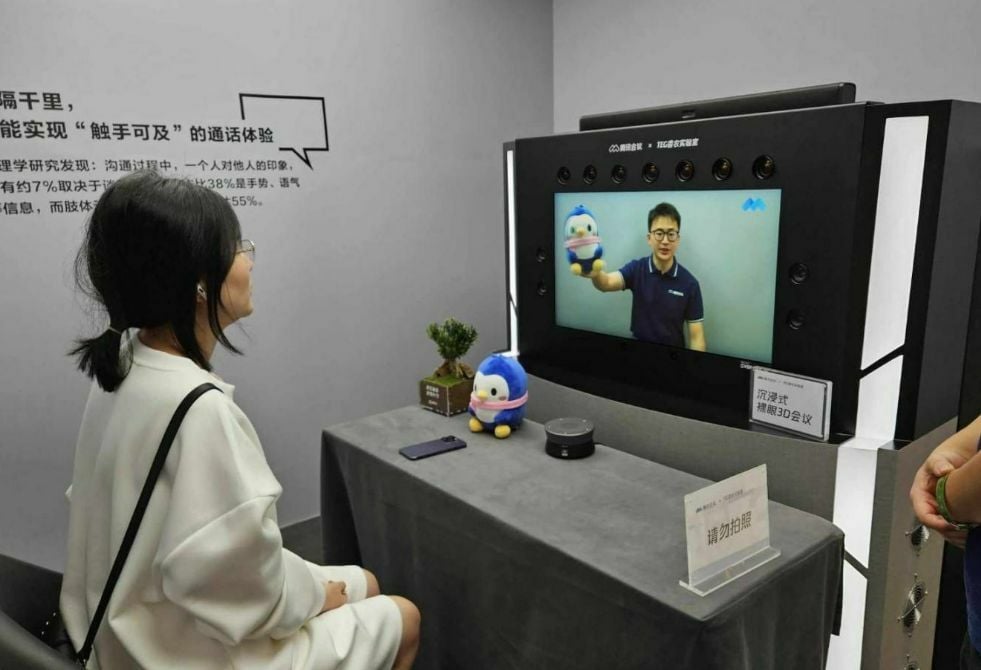Generative AI takes center stage: Chinese tech giants intensify development to compete globally

Leading technology corporations in China are escalating their efforts in the development of generative artificial intelligence (AI), aiming to compete with their US counterparts. They are launching extensive language models (LLM) that will support a wide array of applications, from weather prediction and financial analysis to 3D e-commerce, with the primary objective of enhancing enterprise productivity and user experience.
McKinsey, a global research firm, reported that the coming decade holds immense potential for generative AI expansion in new sectors within China. These include areas like automotive, transport, manufacturing, healthcare, and life sciences, where innovation and R&D spending have traditionally been lower than their global equivalents.
The firm identified clusters of use cases in these sectors that could enable AI to generate more than US$600 billion in annual economic value.
At the Huawei Connect 2023 event held in September, Sabrina Meng, the firm’s deputy chairwoman, stated that Huawei continues to invest in core AI technologies. She outlined Huawei’s all-intelligence strategy, which is designed to optimise new strategic opportunities offered by AI across all industries.
According to Huawei, the intelligent economy, which is expected to be worth US$18.8 trillion by 2030, creates value through the seamless integration of next-generation technologies such as 5G+, AI, and the Internet of Things (IoT).
This transition is moving single-point intelligence systems towards multiple intelligence systems that operate collaboratively.
Generative AI
Huawei’s Pangu Weather Model, an AI model used for global weather forecasting, is planned to be used by Thailand’s Meteorological Department for local forecasts. Huawei claims the model can predict the weather 10,000 times faster than other methods, delivering results in seconds.
In the international business realm, Alibaba Cloud Intelligence Group’s president, Selina Yuan, stated that their AI solutions are devised to help customers create their own generative AI applications efficiently and securely. Alibaba Cloud recently showcased a range of industry-specific AI models at its annual flagship tech event, the Apsara Conference.
Tencent, another Chinese tech giant, recently launched its own foundation AI model, Hunyuan, as it joined the generative AI race to automate human work and enhance human productivity.
Despite the rapid advancement of China’s tech sector in generative AI development, Mustafa Suleyman, co-founder of Google DeepMind, anticipates that the US will still be leading in a decade. However, he acknowledged that China will be a significant player in this field over the next few decades, reported Bangkok Post.
Latest Thailand News
Follow The Thaiger on Google News:


























